Best gobbler hunting was short-lived this year
This year's spring gobbler season (which ends tomorrow) brings to mind a couple of tired but true sayings , "the early bird catches the worm," or "he who hesitates is lost" - for both could easily be applicable to the what occurred during the month-long season.
In recent years, I've forgone the first few days of the spring turkey season because of the usually high hunter density that normally occurs then. Because toms are normally vocal, their gobbling is easily heard by hunters as far away as a quarter mile. The result often is more than one hunter moving closer to get in position to attempt enticing the gobbler within shotgun range. This is especially true on public land as hunting access to private lands has steadily shrunk.

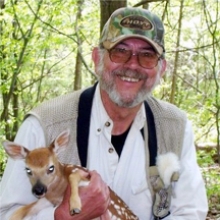


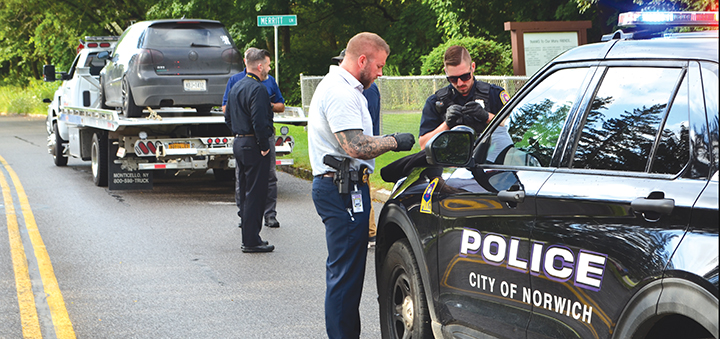
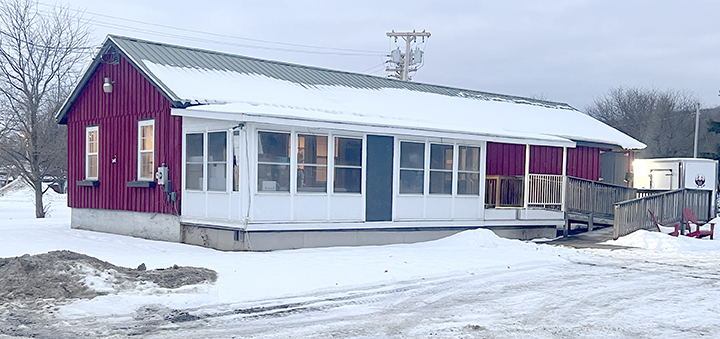
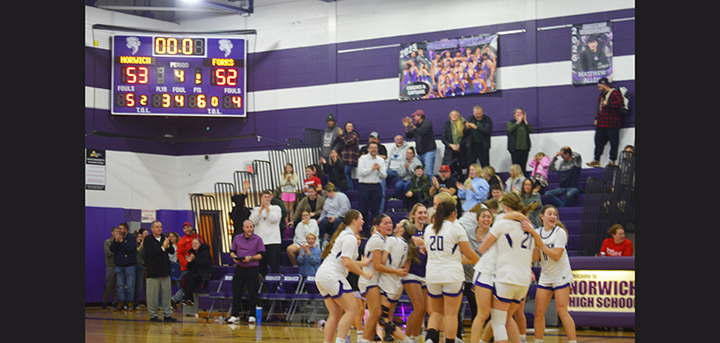
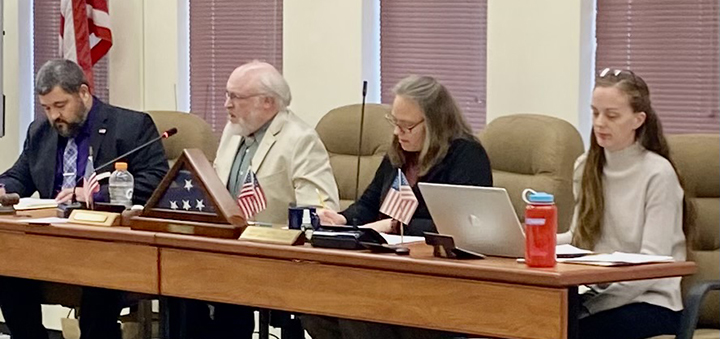

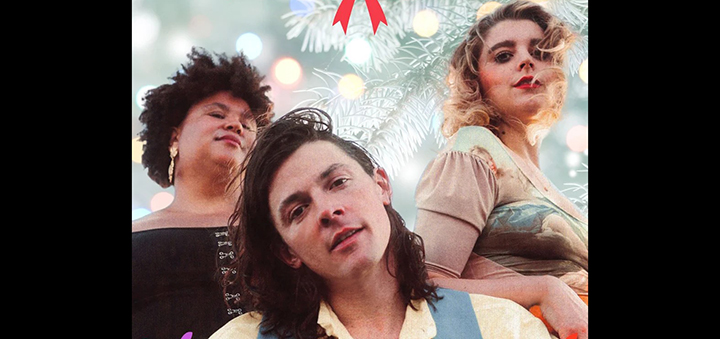

Comments